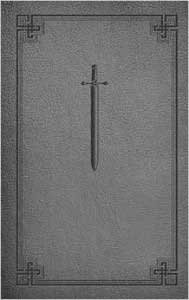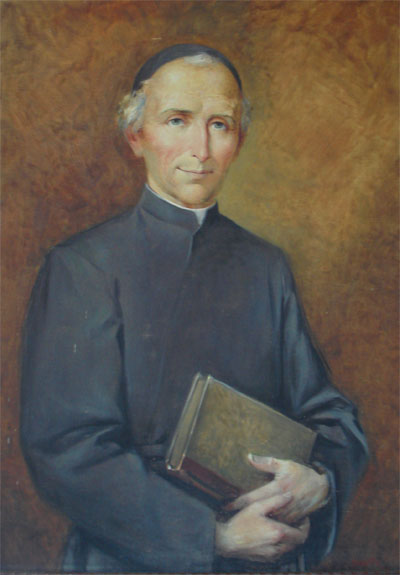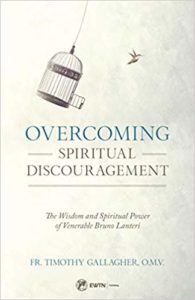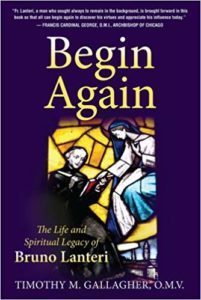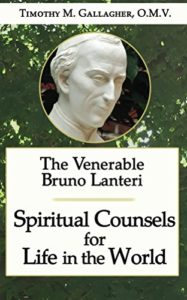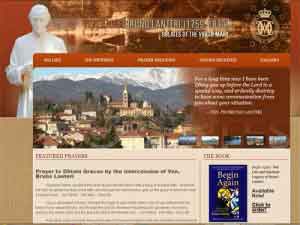Podcast: Play in new window | Download (Duration: 30:33 — 21.0MB) | Embed
Subscribe: Apple Podcasts | Spotify | Amazon Music | Android | Pandora | iHeartRadio | JioSaavn | Podchaser | Gaana | Podcast Index | Email | TuneIn | Deezer | Anghami | RSS | More

Dr. Matthew Bunson discusses the life, times and teachings of St. Bonaventure
-
Born: 1221, Bagnoregio, Italy
-
Died: July 15, 1274, Lyon, France
-
Education: University of Paris
From Vatican.va, an excerpt from the teachings of Pope Benedict XVI
From the General Audience on St. Bonaventure
In this regard, St Bonaventure, as Minister General of the Franciscans, took a line of government which showed clearly that the new Order could not, as a community, live at the same “eschatological height” as St Francis, in whom he saw the future world anticipated, but guided at the same time by healthy realism and by spiritual courage he had to come as close as possible to the maximum realization of the Sermon on the Mount, which for St Francis was the rule, but nevertheless bearing in mind the limitations of the human being who is marked by original sin.
Thus we see that for St Bonaventure governing was not merely action but above all was thinking and praying. At the root of his government we always find prayer and thought; all his decisions are the result of reflection, of thought illumined by prayer. His intimate contact with Christ always accompanied his work as Minister General and therefore he composed a series of theological and mystical writings that express the soul of his government. They also manifest his intention of guiding the Order inwardly, that is, of governing not only by means of commands and structures, but by guiding and illuminating souls, orienting them to Christ.
I would like to mention only one of these writings, which are the soul of his government and point out the way to follow, both for the individual and for the community: the Itinerarium mentis in Deum, [The Mind’s Road to God], which is a “manual” for mystical contemplation. This book was conceived in a deeply spiritual place: Mount La Verna, where St Francis had received the stigmata. In the introduction the author describes the circumstances that gave rise to this writing: “While I meditated on the possible ascent of the mind to God, amongst other things there occurred that miracle which happened in the same place to the blessed Francis himself, namely the vision of the winged Seraph in the form of a Crucifix. While meditating upon this vision, I immediately saw that it offered me the ecstatic contemplation of Fr Francis himself as well as the way that leads to it” (cf. The Mind’s Road to God, Prologue, 2, in Opere di San Bonaventura. Opuscoli Teologici / 1, Rome 1993, p. 499).
The six wings of the Seraph thus became the symbol of the six stages that lead man progressively from the knowledge of God, through the observation of the world and creatures and through the exploration of the soul itself with its faculties, to the satisfying union with the Trinity through Christ, in imitation of St Francis of Assisi. The last words of St Bonaventure’s Itinerarium, which respond to the question of how it is possible to reach this mystical communion with God, should be made to sink to the depths of the heart: “If you should wish to know how these things come about, (the mystical communion with God) question grace, not instruction; desire, not intellect; the cry of prayer, not pursuit of study; the spouse, not the teacher; God, not man; darkness, not clarity; not light, but the fire that inflames all and transports to God with fullest unction and burning affection…. Let us then… pass over into darkness; let us impose silence on cares, concupiscence, and phantasms; let us pass over with the Crucified Christ from this world to the Father, so that when the Father is shown to us we may say with Philip, “It is enough for me‘” (cf. ibid., VII 6).
For more visit Vatican.va
Dr. Matthew E. Bunson is a Register senior editor and a senior contributor to EWTN News. For the past 20 years, he has been active in the area of Catholic social communications and education, including writing, editing, and teaching on a variety of topics related to Church history, the papacy, the saints, and Catholic culture. He is faculty chair at Catholic Distance University, a senior fellow of the St. Paul Center for Biblical Theology, and the author or co-author of over 50 books including The Encyclopedia of Catholic History, The Pope Encyclopedia, We Have a Pope! Benedict XVI, The Saints Encyclopedia and best-selling biographies of St. Damien of Molokai and St. Kateri Tekakwitha.

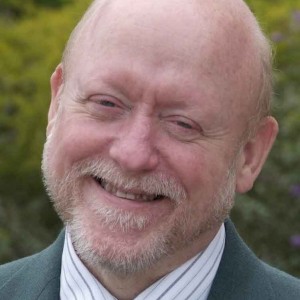 Episode 11 – “Keep the Enemy Out of the Camp” – Put On The Armor – A Manual for Spiritual Warfare w/Dr. Paul Thigpen Ph.D.
Episode 11 – “Keep the Enemy Out of the Camp” – Put On The Armor – A Manual for Spiritual Warfare w/Dr. Paul Thigpen Ph.D.
